In sports, losses are inevitable. Whether it’s a last-minute defeat, an unexpected injury, or an underwhelming performance, setbacks can be mentally challenging for any athlete. But what separates great athletes from the rest is their ability to bounce back stronger after a tough loss. This is where mental resilience comes into play.
Mental resilience is the ability to withstand and recover from adversity, stress, or failure. In the context of sports, it’s about maintaining emotional balance and learning from losses, rather than letting them define you. In this blog, we’ll explore how athletes can build mental resilience to not only cope with setbacks but use them as fuel for future success.
Why Mental Resilience is Crucial for Athletes
Every athlete faces losses at some point. But how an athlete responds to that loss can determine their future success. Resilience allows athletes to handle disappointment, learn from mistakes, and keep pushing forward without letting a bad performance derail their progress.
Without mental resilience, athletes can fall into negative thought patterns, experience a lack of motivation, or even lose confidence in their abilities. Developing resilience helps athletes stay focused on their long-term goals and maintain the mental toughness needed to perform at their best.
Steps to Build Mental Resilience After a Tough Loss
- Accept the Emotion
After a loss, it’s natural to feel disappointed, frustrated, or angry. The first step in building mental resilience is acknowledging and accepting these emotions. Trying to suppress feelings of anger or sadness can lead to emotional burnout or create a mental block.
Allow yourself time to process the emotions—whether it’s through talking to a coach, teammate, or a sports psychologist. Once you accept how you feel, you can then shift your focus toward learning and growing from the experience.
- Reframe the Situation
One of the most powerful tools in building resilience is reframing your thoughts. Instead of seeing a loss as a failure, view it as an opportunity for growth. Ask yourself:
- What can I learn from this?
- What did I do well, and where can I improve?
- How can I use this experience to become better next time?
Reframing a loss this way turns it into a valuable lesson rather than a source of discouragement. Remember that every setback is a chance to grow and develop as an athlete.
- Focus on What You Can Control
It’s easy to dwell on things that are out of your control, like the performance of your opponents or external factors (e.g., weather, injuries). However, mental resilience comes from focusing on what you can control—your thoughts, your attitude, and your preparation for the next challenge.
Instead of obsessing over what went wrong, focus on how you can improve in the future. Set small, actionable goals that are within your control, such as improving your physical conditioning, refining a skill, or working on your mental game.
- Create a Routine for Recovery
When dealing with a loss, it’s essential to have a post-competition routine that includes both physical and mental recovery. This could involve:
- Physical recovery: Proper nutrition, hydration, stretching, and rest.
- Mental recovery: Taking time to relax, meditate, or engage in positive self-talk. Journaling your thoughts can also help you process the experience and clear your mind.
By establishing a routine, you help your body and mind recover in a healthy way, which ultimately strengthens your resilience in future competitions.
- Stay Connected to Your Support Network
Having a strong support network is crucial for mental resilience. Coaches, teammates, family, and friends can offer encouragement, perspective, and advice during tough times. They can help remind you of your strengths and achievements, lifting you up when you’re feeling down.
If you’re feeling discouraged after a loss, reach out to someone who can help you refocus on your goals and remind you that one loss doesn’t define your potential.
- Practice Self-Compassion
Being overly critical of yourself after a loss can erode your confidence and motivation. Instead, practice self-compassion. Understand that setbacks happen, and they don’t diminish your worth as an athlete or a person. Treat yourself with the same kindness and understanding that you would offer a friend in the same situation.
Self-compassion involves acknowledging your imperfections and embracing the learning process, rather than aiming for perfection. Remember, no athlete wins every time—what matters is how you respond to challenges.
- Use Visualization for Future Success
After a loss, it can be helpful to visualize future successes. Take a moment to imagine yourself performing at your best, executing your skills with confidence, and achieving your goals. Visualization helps rewire your brain to focus on positive outcomes and gives you a mental roadmap for success.
Create a mental picture of what success looks like in your next competition and mentally rehearse your performance. This technique not only builds confidence but also prepares your mind and body for the challenges ahead.


Very good https://is.gd/tpjNyL
Awesome https://is.gd/N1ikS2
Very good https://is.gd/N1ikS2